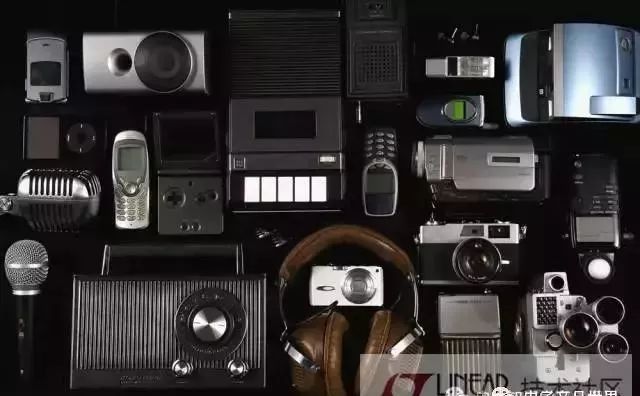From a disciplinary perspective, power, electronics, and electrical appliances are all part of the broader field of electrical engineering. The term "electrical engineering" was first introduced from Japan, where it was translated from Western languages. The word "electricity" originally referred to mechanical power driven by steam engines in early industrial times. As electricity became more widely used, the meaning of "electricity" shifted, and now it refers to the generation, transmission, and use of electrical energy.
Electrical engineering is essentially the science and practice of using electricity. It covers both the strong and weak aspects of electrical systems, including power generation, transmission, and distribution, as well as the processing of information through electronic circuits and devices.
1. Electrical:
The term "electrical" is an abstract concept that encompasses the entire scope of power, electronics, and appliances. It is not limited to specific devices but refers to the system as a whole, including the study and application of electrical phenomena.
2. Power:
Power engineering focuses on the generation, transmission, and distribution of electrical energy. This includes power plants, high-voltage transmission lines, transformers, circuit breakers, and other equipment used to manage electrical systems efficiently and safely.
3. Electronics:
Electronics deals with the weaker side of electrical systems, focusing on the processing and control of information. It can be divided into two main areas: electronic circuits and electronic systems. Electronic circuits consist of components like diodes, transistors, and LEDs, while electronic systems integrate these circuits into larger functional units.
4. Electrical Appliances:
Electrical appliances are physical devices used to control or interact with electrical systems. In industrial settings, they may refer to switches or control mechanisms, while in daily life, they include household items such as refrigerators, televisions, and washing machines.
According to academic definitions, electrical appliances are devices that automatically or manually switch circuits, adjust parameters, and perform functions like control, protection, and measurement based on external signals.

In general, electrical appliances refer to any device that uses electricity for operation. These can range from simple switches to complex systems like computers and home appliances. From a professional standpoint, they are designed to control, regulate, and protect electrical circuits and equipment.
Electrical appliances can be classified based on their working principles:
1) Electromagnetic appliances operate using electromagnetic induction, such as contactors and relays.
2) Non-electrical control appliances rely on external forces or physical quantities, such as knife switches, push buttons, and temperature sensors.
They can also be categorized by their mode of operation:
1) Manual appliances require human interaction, such as switches and buttons.
2) Automatic appliances function through electromagnetic or physical means, like contactors and solenoid valves.
Electrical engineering is a broad discipline that involves the creation, maintenance, and improvement of environments using electric energy. It includes power conversion, utilization, and research, covering theoretical concepts, practical applications, and the development of related equipment. Examples include testing instruments like ground resistance testers and low-voltage megohmmeters.
The term "electricity" refers to the transmission and use of electrical energy in two primary ways: direct connection through wires and circuit breakers, or indirect transfer via magnetic fields, as seen in transformers and motor stators.
Understanding the relationship between electrical and electrical appliances can be challenging, as the former is a conceptual framework, while the latter refers to tangible devices. While electrical engineering has expanded to include microelectronics, photonics, and computer technology, its core focus remains on the management and application of electrical systems. Ultimately, electrical appliances represent the physical manifestations of this vast and evolving field.
Switching Power,Embedded Switching Power,Intelligent Battery Management,Power Supply System
Guangdong Yuqiu Intelligent Technology Co.,Ltd , https://www.cntcetltd.com